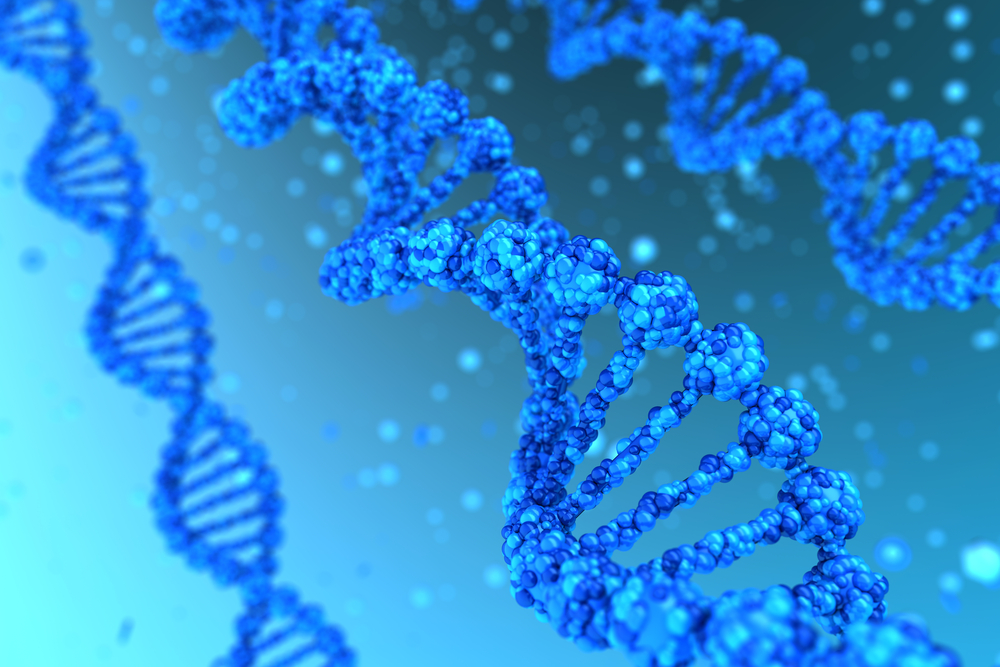Scientists Identify Genes that Link Amyotrophic Lateral Sclerosis with Various Cancers
Written by |

While a link between neurodegenerative diseases and cancer seems unlikely, a recent study suggests that such connections might exist.
Genetic analysis of amyotrophic lateral sclerosis (ALS) patients, conducted by Japanese and Taiwanese researchers, revealed that many genes linked to ALS are also related to certain cancers.
The research suggests that certain biological processes may be faulty in both ALS and cancer, raising the possibility for therapeutics that target both diseases. It may also explain why certain neuroprotective drugs, such as Rilutek (riluzole), also have anti-tumor properties.
The study, “Genetic Association between Amyotrophic Lateral Sclerosis and Cancer,” was published in the journal Genes.
Evidence of a link between ALS and cancer has been described in some past publications. For example, Rilutek has been shown to prevent the growth of liver cancer. So, in an attempt to find the biological link between ALS and cancer, the researchers examined the most expressed genes in the deltoid muscle of ALS patients. Using probes, one for each gene in the genome, the team compared the DNA of nine male sporadic ALS patients with 10 samples from healthy controls. They identified 101 genes that differentiated ALS patients from healthy controls with 95% accuracy.
Using probes — one for each gene in the genome — the team compared the DNA of nine male sporadic ALS patients with 10 samples from healthy controls. They identified 101 genes that differentiated ALS patients from healthy controls with 95% accuracy.
The team then investigated if these same genes were also biomarkers of cancer. They found that not only were most of these genes also related to cancer, but also they were used to predict survival in various cancers, including pancreatic and liver cancers.
“To our knowledge, this is the first report that relates gene expression profiles of ALS to cancer survival analysis,” the team wrote.
An analysis of their biological function revealed that most genes contributed to one of two important biological processes — one related to protein transport within cells, and the other involved in protein production.
“Biological consideration of these genes can help us to understand the molecular biological background that ALS patients can have distinct cancer pathogenesis from other patients,” they wrote.
The findings suggest that defects in these mechanisms might cause ALS and cancers, and that new therapies targeting these pathways might benefit patients with either disease.





